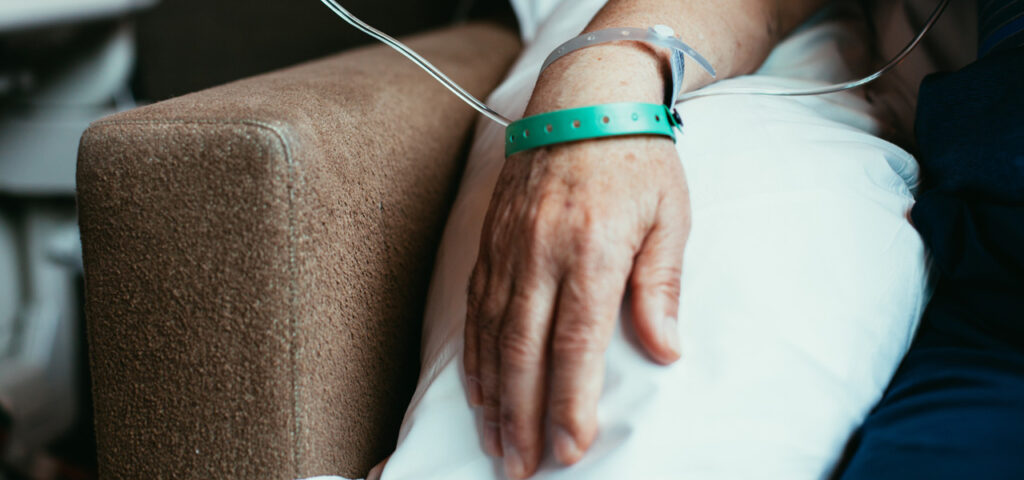Dementia Caregiver Tips
If you are caring for a parent or loved one with dementia at home, especially in the beginning, it can be difficult to know where to start or how to provide the best care. Some tips for helping to provide care, according to Alzheimers.gov, includes:
- Try to keep a routine for your days, such as bathing and eating at the same time daily.
- Create to-do lists and calendars.
- Have a system that reminds the person to help take medications regularly.
- Use helpful medical and mobility devices, such as shower chairs.
- Plan daily activities the person enjoys, and do them at the same time every day.
- Loose fitting clothing without laces, buttons, or buckles can be much easier to deal with when dressing and undressing. Consider elastic waistbands and fabric fasteners.
- Serve meals consistently.
- Be gentle and respectful with your loved one through every part of their day. Explain to them what you are doing and the steps involved.
